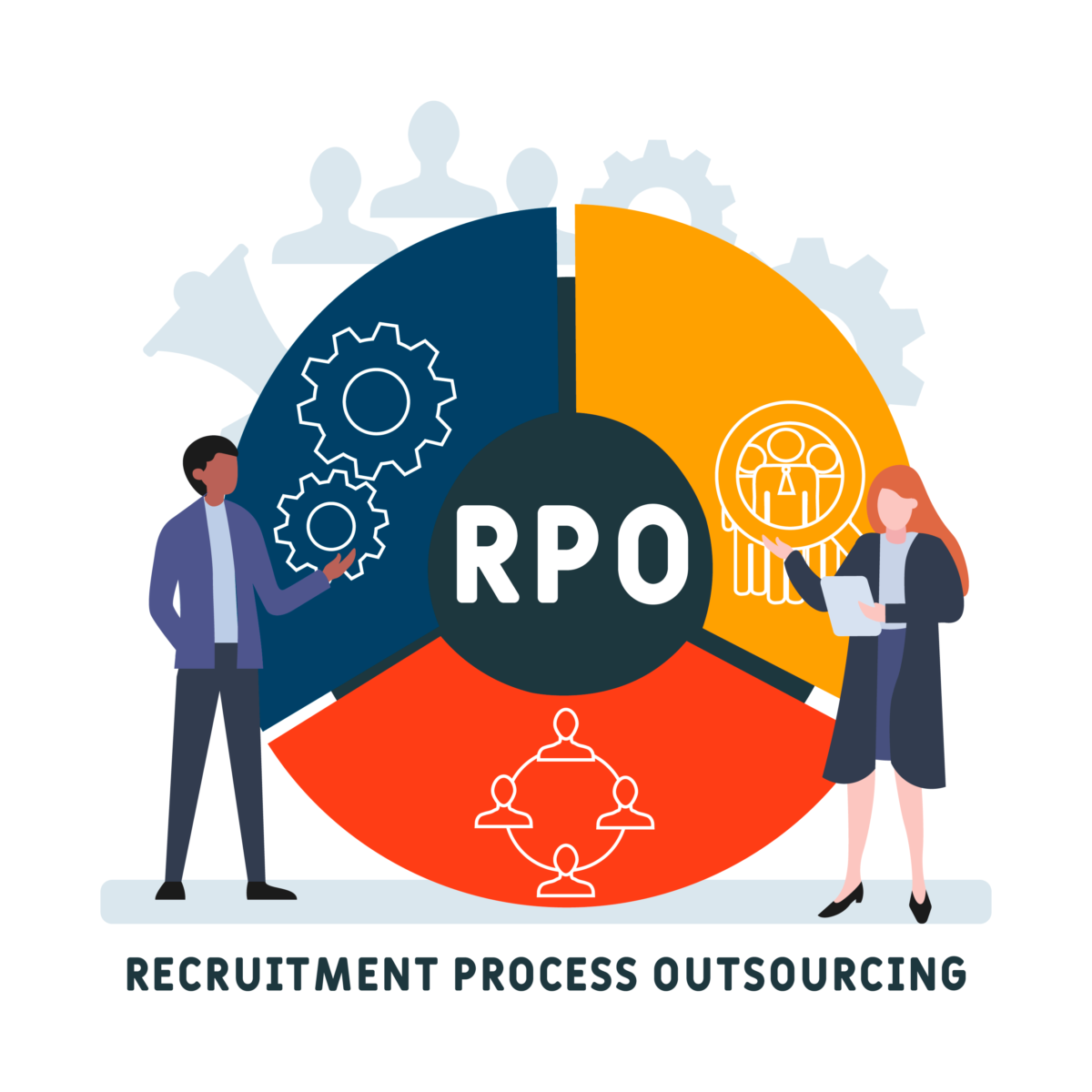Diversity, Equity, and Inclusion (DEI) are important considerations for businesses of all sizes, including large enterprises. With DEI becoming an important pillar of today’s workforce, Recruitment Process Outsourcing (RPO) plays a crucial role in improving DEI within organisations. It enhances the image of the organisation, provides inclusive job descriptions and advertising strategies, implements blind resume screening, builds diverse candidate pipelines, provides unconscious bias training, and provides DEI metrics and reporting.
Inclusive Job Descriptions and Advertising Strategies: RPO providers help organisations to develop inclusive job descriptions and advertising strategies that attract a diverse pool of candidates. By using inclusive language and highlighting the organisation’s commitment to DEI, RPO providers help to create a more welcoming and inclusive environment for a diverse set of candidates.
Blind Resume Screening: RPO providers can implement blind resume screening, where candidates’ names, gender, and other identifying information are removed from resumes, to reduce bias in the initial screening process. Minus human biases that might influence hiring, RPO providers can help to ensure that all candidates are considered on the basis of their qualifications, abilities, and experience.
Building Diverse Candidate Pipelines: RPO providers can help organisations to build diverse candidate pipelines by actively recruiting from underrepresented groups and communities. This can help to ensure that the organisation is able to consider a wide range of candidates irrespective of gender, race, religion, sexual orientation, age, or socio-economic background and increase the chances of hiring diverse talent, based only on job fitment.
Unconscious Bias Training: RPO providers can provide unconscious bias training to sensitise recruiters and hiring managers and help them identify and overcome their own biases in the recruitment process. This can help to ensure that all candidates are considered fairly and that the organisation is able to attract and retain diverse talent.
DEI Metrics and Reporting: RPO providers provide organisations with metrics and reporting on the diversity of their candidate pools and hires to help them track their progress and identify areas for improvement. This can help organisations to understand where they are succeeding in terms of DEI, and where they need to focus more effort in order to improve their record.
In conclusion, RPO can play an important role in supporting HR and TA leaders in improving DEI within organisations. RPO partners can study an organisation’s present DEI status and gap areas, analyse the results and help to overcome the conflicts. With their access to a considerable database of diverse candidates, RPO providers can help organisations attract, place, and retain diverse talent, thereby creating a more inclusive and equitable workplace. It’s important for organisations to evaluate the RPO providers and choose the one that aligns with their DEI strategy and is committed to promoting DEI throughout the recruitment process.


